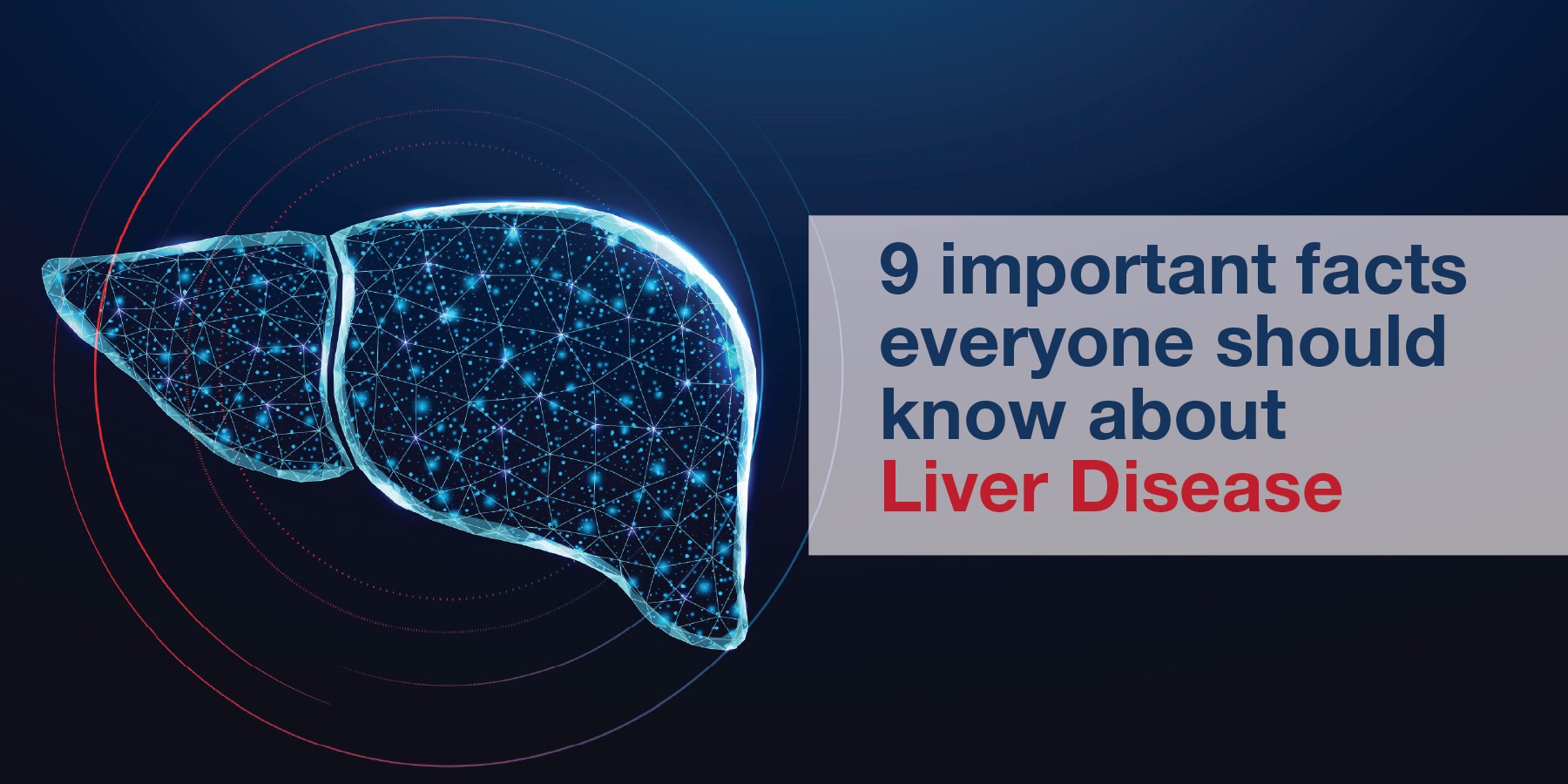Alcoholic Liver Disease
Alcoholic liver disease (ALD) occurs with heavy drinking over a prolonged period of time (decades) and can eventually lead to chronic liver failure with cirrhosis and portal hypertension (see description of “Cirrhosis and Portal Hypertension” below). Chronic liver failure because of alcoholism is the most common reason why liver transplant is performed in India. Patients commonly come to medical attention either with an episode of acute alcoholic hepatitis or with complications of chronic cirrhosis and portal hypertension (i.e., ascites, bleeding from esophageal varices or worsening hepatic encephalopathy). In the case of alcoholic cirrhosis, a bout of very heavy drinking causes the liver to become inflamed and overall liver function deteriorates suddenly. Sometimes intravenous steroids are administered to stem the inflammation, but this greatly increases the chances of blood borne bacterial or fungal infections. If the patient is lucky, the inflammation will subside with supportive care and ongoing abstinence from alcohol. Chronic ALD patients are advised to stop drinking altogether and their complications are initially managed medically with medicines to decrease body fluid accumulation, regular endoscopies by the Gastroenterologist to evaluate and manage esophageal varices, and medicines to control confusion (encephalopathy). These patients are at higher risk to develop liver cancer, so regular screening must be carried out. If the patient’s complications worsen despite medical management, then liver transplant is considered in patients who have demonstrated a clear dedication to life-long abstinence.











